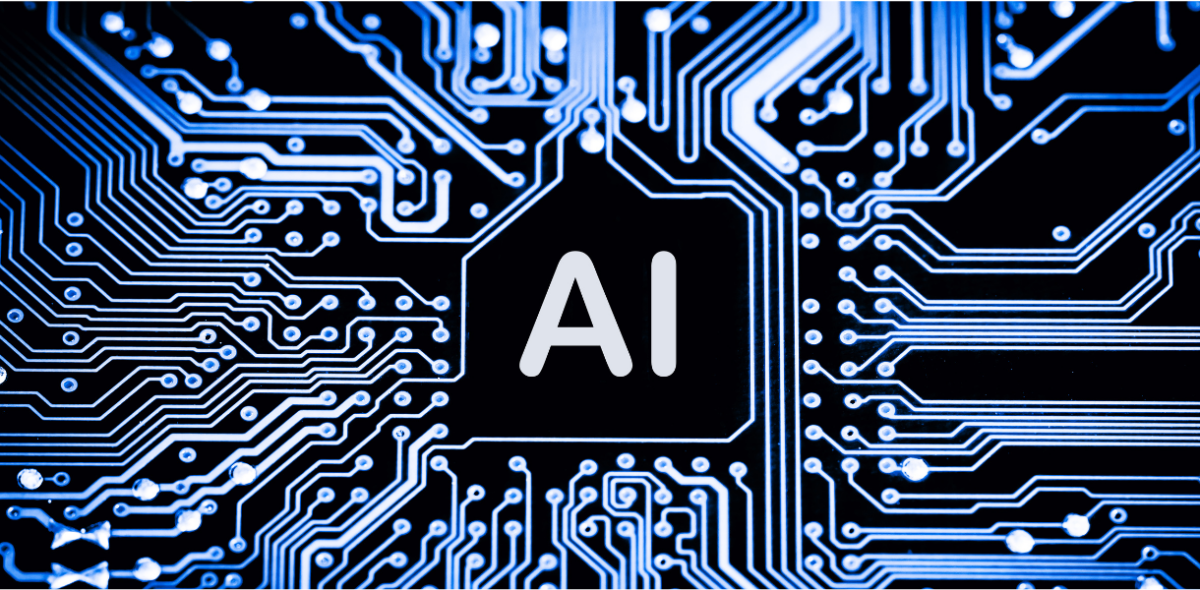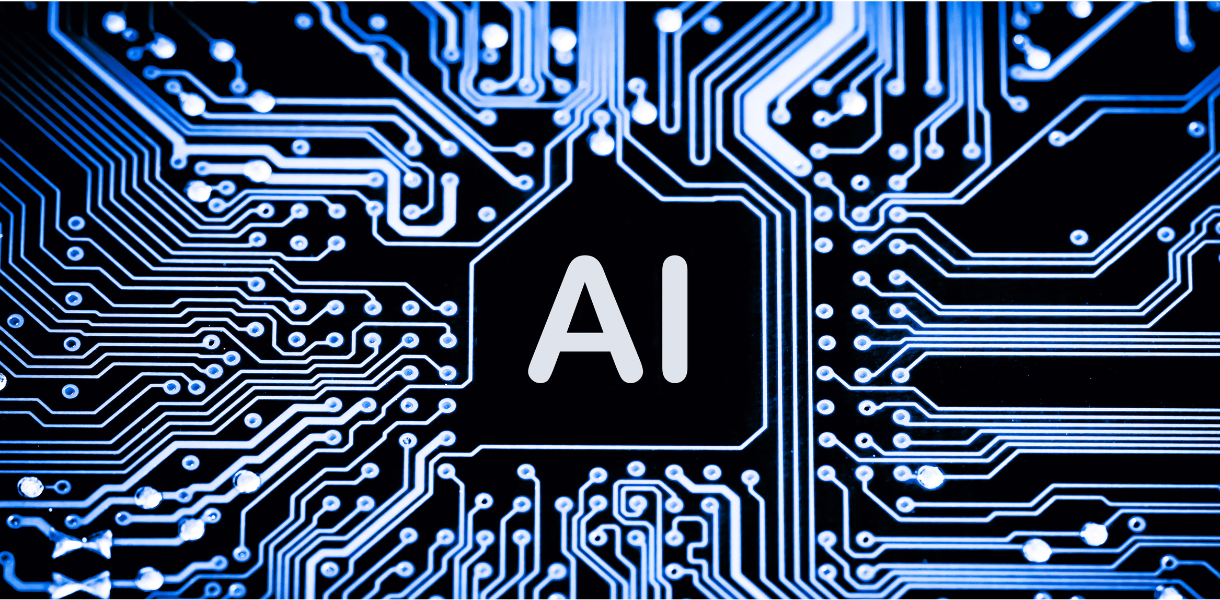What is peer review?
Peer review is the assessment of research papers by field experts, it is a collaborative process between research paper authors and field experts. The purpose of this process is to evaluate the quality of the research, suitability of publication, and acts as a rigorous quality control measure while also serving the author with valuable feedback.
Understanding peer review
The peer review process is vital to upholding the standard and quality of scholarly research, it also serves as an important support for authors. Peer reviews can alert authors to overlooked gaps in research and general errors as well. A survey conducted by sense about science found that 91% of respondents say their papers were significantly improved through peer review.
The different types of peer review
| Single-anonymous | Double-anonymous | Open |
| In this approach, reviewers are aware of the author’s identity; however, the author does not know the identity of the reviewer. This method is usually applied in science and medical journals | The double-anonymous process is when neither the author or reviewer is aware of each other’s identities, this is when utmost objectivity is achieved. This method is usually applied in fields of humanities and social sciences. | The open method does not have a singular definition, however, it is when the author and reviewer are aware of each other’s identities. Furthermore, once the paper is published, the reviewers names and reports are also present alongside the article. |
The benefits of peer review
- Ensures quality and accuracy
Peer review encourages authors to adhere to high standards in academic research, it stands to ensure only the best quality of research is disseminated. The process is designed to assess the validity, quality, and originality of submitted articles, hence filtering out those that are invalid. Furthermore, the reviewers are selected by journal editors that adhere to high standards and a comprehensive criteria to find the correct reviewer.
- Promotes objectivity and fairness
The double-anonymous method is the most reliable method to reduce bias as both parties are not aware of each other’s identity, the process is designed to tackle inequality in scholarly publishing as it reduces bias with respect to gender, race, country, origin or affiliation.
- Encourages scholarly collaboration
Peer reviews provide authors the platform to exchange ideas, methodologies, and findings while receiving insight from field experts, which enriches the academic landscape. It serves as a good networking opportunity and knowledge exchange. A taylor and francis study found that most researchers across all subject areas rated the contribution of peer review towards improving their articles as 8 or above, out of 10.
- Identifies and mitigates ethical issues
Peer review catches ethical considerations like plagiarism, data fabrication, and conflicts of interest. To ensure an ethical process takes place, all conflicts of interest should be disclosed and confidentiality should be maintained. Ethics ensure the responsible conduct of research by providing clear guidelines, while also monitoring researchers and practices to ensure everything meets ethical standards.
Find peer reviewed articles on Zendy
In this blog, we covered the various aspects of peer review by explaining the purpose of the process and the factors it is designed to consider; we also dove into the different types of peer review and closed off with the benefits. To continue your research, you can log in to zendy.io and access millions of credible peer reviewed papers across all disciplines.


